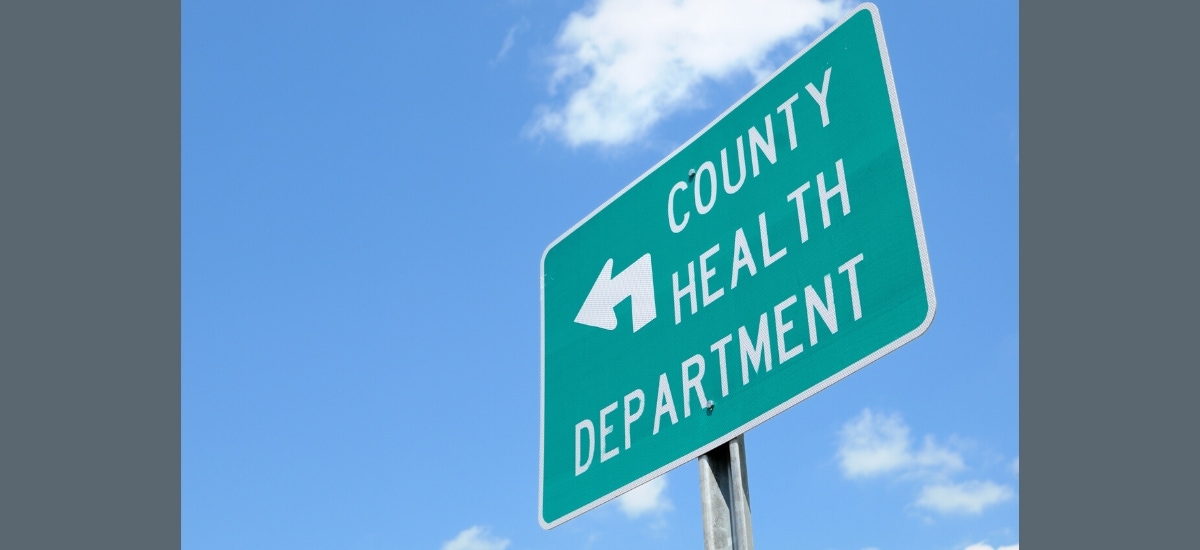How to Self-Advocate to Local Health Authorities
Posted By Climbing Wall Association, Thursday, July 16, 2020 | UPDATED November 17, 2020

With the recent wave of re-closures and changing guidelines, it is necessary now, more than ever, to stand up and advocate for effective and reasonable reopening guidelines for climbing gyms.
Your local health authority has the best intentions and we all want to do our part in ending the pandemic too, but more often than not the people tasked with creating reopening policies know very little about our sport or our operations. It is our duty to communicate with the task forces, health departments, and state reps to make our needs and our expertise known. The CWA is here to support you, but the voice of local business owners will be the most important to your local officials.
1. Find out who your local health authorities are and how best to contact them
- If you are in the US, you can find your state’s health department information here: https://www.usa.gov/state-health
- For the health department information of a smaller locality, you can search for that information here: https://www.naccho.org/membership/lhd-directory
2. Organize your community and your thoughts
There is power in numbers. If you can work with other climbing gyms you can amplify your message and present united industry wide information. The CWA is here to support those efforts. If you need help contacting or organizing gyms in your area just contact us for assistance.
The CWA can also help guide any letters you may write with industry wide data and position papers written for your specific area.
Make sure that you have your data organized and your thoughts laid out. For example, here are some talking points to consider when you are building your case on why climbing gyms should be permitted to resume operations in your area:
- Risk management is inherently a part of climbing and a part of operating a climbing gym. Climbers trust science (it protects their lives with every ascent) and understand the importance of carefully evaluating risk and taking recommended and tested steps to mitigate it. Unlike the public, climbers and climbing gym operators are uniquely positioned to adapt to and embrace new risk management measures to keep themselves and their entire community as safe as possible.
- You manage risk every day and instruct your visitors what risks are present and how you expect them to cooperate to mitigate these risks.
- Your visitors regularly comply with your policies while actively assuming some of the risks associated with climbing.
- Evidence shows that coronavirus is difficult to catch from surfaces, and primarily transfers directly from person to person. This means that in terms of contact transmission, climbing gyms pose no more of a threat than other businesses and that we can control this risk through good personal and respiratory hygiene.
- Dr. John Whyte, chief medical officer for the health care website WebMD, says that the CDC's slight update brings clarity and helps to reduce fears. “Many people were concerned that by simply touching an object they may get coronavirus, and that’s simply not the case. Even when a virus may stay on a surface, it doesn’t mean that it’s actually infectious,” Whyte said. “I think this new guideline helps people understand more about what does and doesn’t increase risk. It doesn’t mean we stop washing hands and disinfecting surfaces. But it does allow us to be practical and realistic as we try to return to a sense of normalcy."
3. Get in touch!
After you find out who is making decisions about your business, give them a call or email. They are there to represent you and your community, and they will be willing to talk – even if they are overburdened and strapped for time. It just may take a few tries and some patience.
Better yet, if you, your members, or any other gyms in your state have connections to lobbyists or representatives, find out how to make that connection personal. Networking is a very effective tool in these situations.
As always do not hesitate to contact the CWA if you need assistance finding the right person or department to get in touch with. The CWA is here to help provide networking, information, and data resources. Just email us at advocacy@cwapro.org for assistance.
